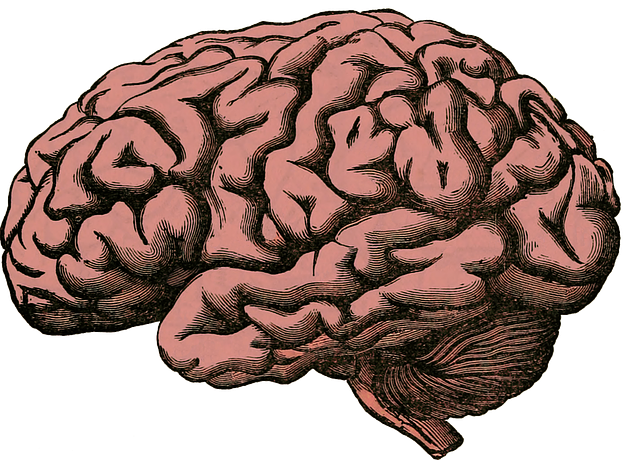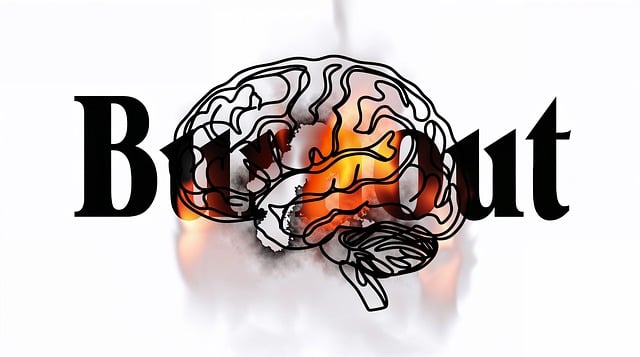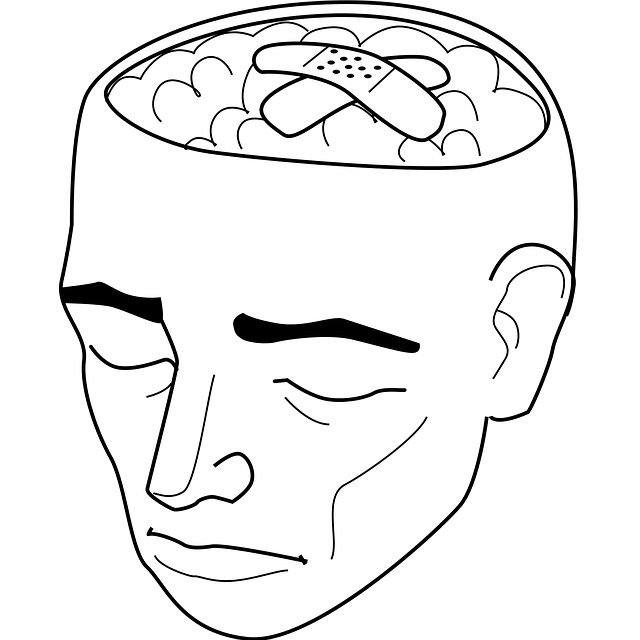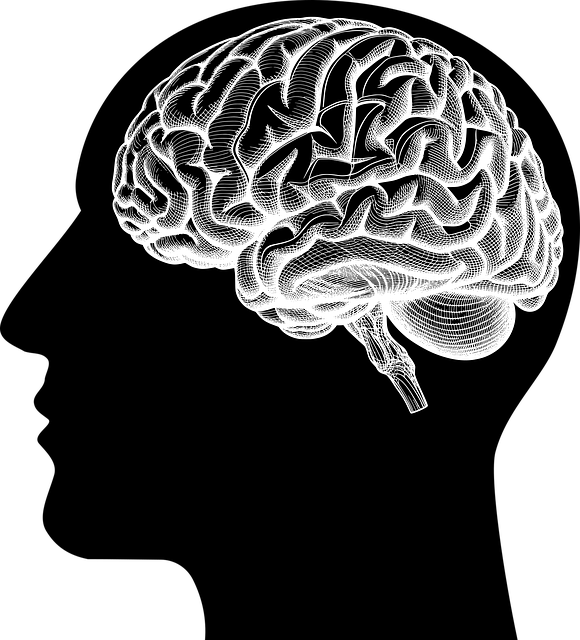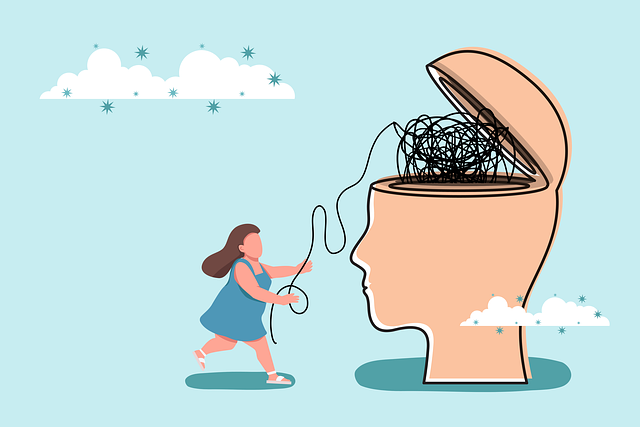Wheat Ridge Major Life Transitions Therapy focuses on teaching vital social skills through exercises in self-awareness, emotional regulation, and communication techniques. This holistic approach helps individuals with mental health conditions navigate life changes like college, job shifts, or loss more effectively. By combining crisis intervention, personalized guidance, and social skills training, Wheat Ridge empowers clients to build resilience, improve relationships, and overcome isolation, ultimately enhancing their overall well-being.
Social skills training is a powerful tool in managing mental health conditions, offering a unique approach to healing. This comprehensive guide explores how understanding and developing social competencies can significantly impact an individual’s well-being, especially during major life transitions. We delve into the challenges faced by many seeking therapy, highlighting Wheat Ridge Major Life Transitions Therapy as a game-changer. Through practical strategies and real-life success stories, this article reveals how social skills training overcomes anxiety, depression, and fosters meaningful connections.
- Understanding Social Skills and Their Impact on Mental Health
- Identifying Challenges in Major Life Transitions with Wheat Ridge Therapy
- The Role of Social Skills Training in Overcoming Anxiety and Depression
- Strategies for Effective Communication and Relationship Building
- Real-Life Success Stories: Transforming Lives Through Social Skills Development
Understanding Social Skills and Their Impact on Mental Health

Social skills are essential for navigating everyday interactions and building meaningful relationships. For individuals with mental health conditions, understanding and honing these skills can significantly impact their overall well-being. Effective communication, active listening, empathy, and social problem-solving are just a few aspects that contribute to healthy social interactions. These skills play a pivotal role in managing symptoms, fostering support systems, and enhancing emotional resilience.
At Wheat Ridge Major Life Transitions Therapy, we recognize the profound effect of social skills on mental health. Our therapy programs integrate self-awareness exercises and emotional well-being promotion techniques to help clients develop and strengthen these abilities. By learning effective stress reduction methods, individuals can better manage social situations, improve their relationships, and ultimately promote a sense of belonging and purpose.
Identifying Challenges in Major Life Transitions with Wheat Ridge Therapy

Transitioning through significant life changes can be particularly challenging for individuals managing mental health conditions. Wheat Ridge Therapy offers specialized Major Life Transitions Therapy to help clients navigate these complexities effectively. This therapeutic approach acknowledges that major shifts, such as starting college, entering a new job, or experiencing a loss, can trigger emotional setbacks and exacerbate existing symptoms.
By incorporating crisis intervention guidance tailored to each client’s unique situation, Wheat Ridge Therapy empowers individuals to build resilience and adapt positively. Public awareness campaigns development centered around mental health integration in life transitions further supports the healing process. Fostering positive thinking becomes an integral part of the therapy, encouraging clients to embrace hopeful perspectives even amidst adversity.
The Role of Social Skills Training in Overcoming Anxiety and Depression

Social Skills Training plays a pivotal role in empowering individuals navigating anxiety and depression by providing them with the tools to engage and connect with others effectively. Often, these conditions can isolate people, making social interactions challenging and often terrifying. Wheat Ridge Major Life Transitions Therapy offers specialized programs that target these issues head-on. Through structured exercises, clients develop self-awareness, learn to manage their symptoms in social settings, and gradually build confidence in their ability to interact with others. This process is transformative, helping individuals to overcome barriers and reintegrate into social networks they may have previously avoided.
One effective approach within these programs are Self-Awareness Exercises designed to help patients recognize triggers and understand the connection between thoughts, feelings, and behaviors. By gaining this insight, they can begin to challenge negative thought patterns and develop healthier coping mechanisms. Moreover, Depression Prevention strategies are integrated into therapy, focusing on building resilience and fostering a sense of belonging through Community Outreach Program Implementation. These initiatives create supportive environments where individuals with anxiety or depression can practice their skills in real-world scenarios, ultimately leading to improved mental health outcomes.
Strategies for Effective Communication and Relationship Building

Effective communication is a cornerstone of successful therapy sessions, especially when addressing mental health conditions. For individuals navigating challenging life transitions as they seek therapy in Wheat Ridge, skilled therapists employ various strategies to foster open dialogue and build supportive relationships. One key approach involves active listening, where therapists demonstrate empathy and understanding by paraphrasing clients’ concerns, validating their emotions, and encouraging self-expression. This not only helps clients feel heard but also deepens the therapeutic alliance.
Additionally, integrating techniques from Risk Management Planning for Mental Health Professionals can enhance these interactions. Therapists can model and teach appropriate nonverbal cues, clear and concise language, and constructive feedback mechanisms. By promoting Emotional Regulation through these methods, clients gain valuable skills to communicate their needs effectively while fostering Cultural Sensitivity in Mental Healthcare Practice. Such an inclusive approach ensures that therapy remains accessible and beneficial for all individuals seeking support during major life transitions.
Real-Life Success Stories: Transforming Lives Through Social Skills Development

Many individuals struggling with mental health conditions, such as anxiety disorders, find their lives significantly transformed through social skills training. These programs, often incorporated into Wheat Ridge Major Life Transitions Therapy, aim to enhance communication, build self-confidence, and foster meaningful connections—essential elements for navigating daily interactions and promoting emotional well-being.
Real-life success stories abound, with participants reporting improved mental wellness coaching programs development. Anxiety relief becomes more attainable as individuals learn effective emotional well-being promotion techniques to manage their conditions in social settings. These transformative journeys showcase the power of combining specialized therapy with practical social skills training, ultimately leading to enriched lives and newfound resilience.
Social skills training, as demonstrated by Wheat Ridge Major Life Transitions Therapy, plays a pivotal role in managing mental health conditions. By addressing communication challenges and fostering healthy relationships, individuals can significantly improve their overall well-being. The success stories highlighted throughout this article underscore the transformative power of developing social skills, offering hope and inspiration for those navigating mental health issues. Incorporating these strategies into treatment plans can lead to lasting positive outcomes.


